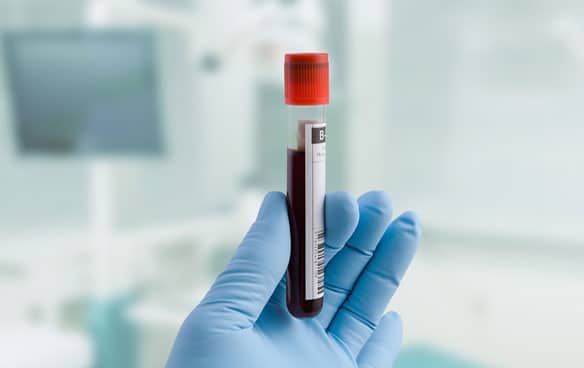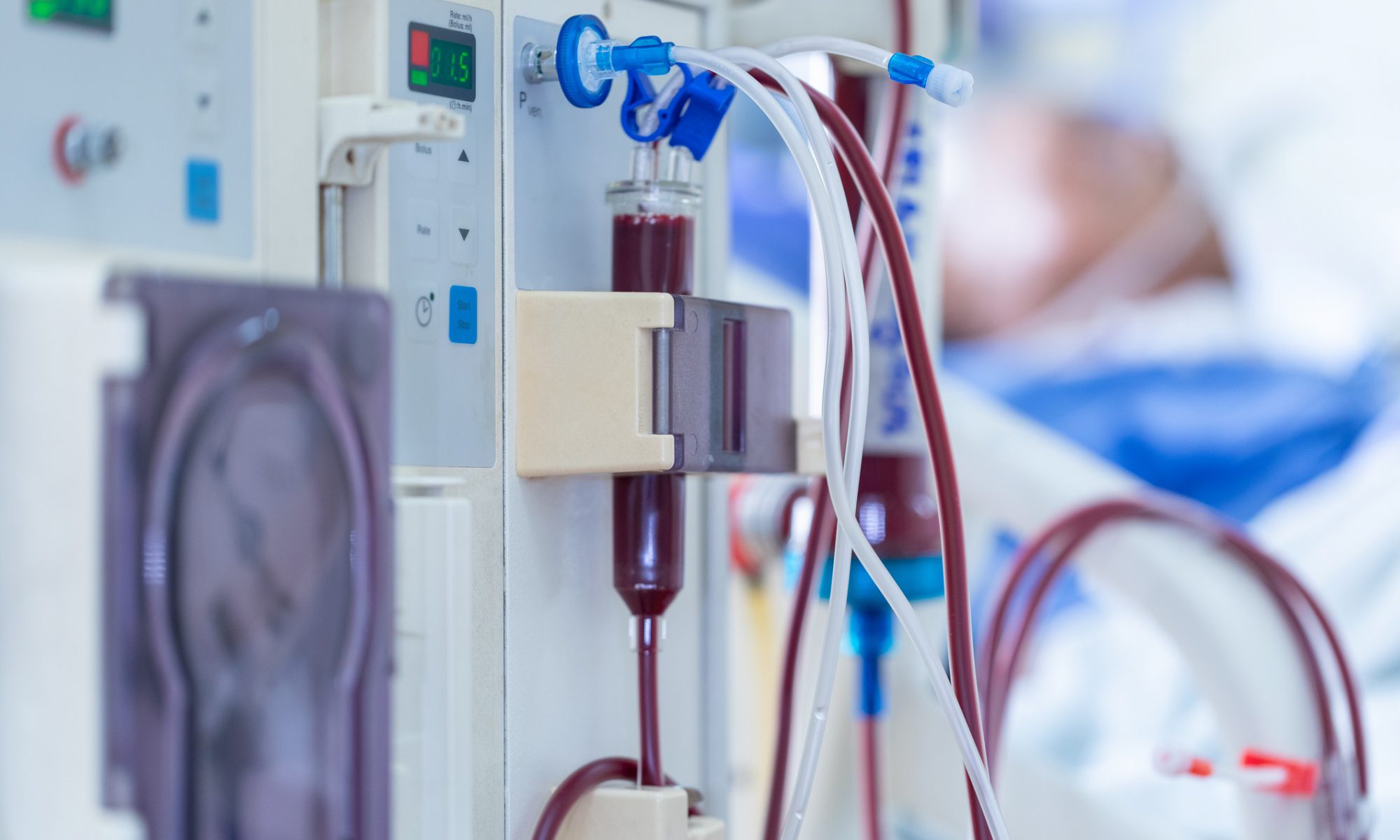The risk of major complications for people who donate a kidney via laparoscopic surgery is minimal. That is the conclusion of a 20-year Mayo Clinic study of more than 3,000 living kidney donors. Only 2.5% of patients in the study experienced major complications, and all recovered completely.
“The results of this study are extremely reassuring for individuals who are considering being living kidney donors. We found that this lifesaving surgery, when performed at experienced transplant centers, is extremely safe,” says Timucin Taner, M.D., Ph.D., chair of the Division of Transplant Surgery at Mayo Clinic’s William J. von Liebig Center for Transplantation and Clinical Regeneration in Minnesota. Dr. Taner is a co-author of the study. Read more in Medical Xpress.








